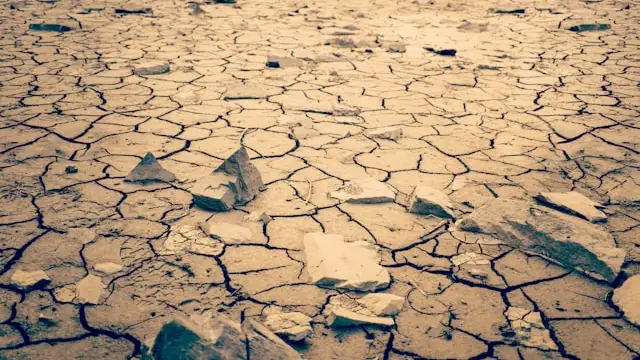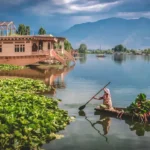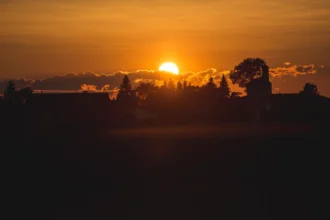Have you ever wondered what real climate change looks like in people’s everyday lives? A major new study reveals that most Indians are not just hearing about extreme weather on the news – they are living through it personally. According to research published by TheHindu, a comprehensive survey shows that climate impacts have become a daily reality for millions across the country.
What Indians Are Actually Experiencing Right Now
The numbers from this massive study paint a clear picture of how climate change is affecting ordinary people across India. Researchers found that seven out of every ten Indians have personally faced severe heatwaves in just the past year. This means that when temperatures soar to dangerous levels, it is not happening to someone else – it is happening to your neighbors, your family, and possibly you.
| Type of Extreme Weather | Percentage Who Experienced It | What This Really Means |
|---|---|---|
| Severe Heat Waves | 71% | Dangerous temperatures that make daily work difficult and can cause serious health problems, especially for elderly people and children |
| Agricultural Pests and Diseases | 60% | Crop damage that directly affects food security and farmers’ incomes, leading to higher food prices for everyone |
| Power Outages | 59% | Electricity cuts that disrupt work, education, and basic comfort, often happening when people need cooling most during hot weather |
| Water Pollution | 53% | Contaminated water sources that force people to spend more money on clean water or risk getting sick |
| Droughts and Water Shortages | 52% | Not having enough water for drinking, cooking, or farming, which affects both urban and rural communities |
Understanding the Survey Behind These Numbers
This research comes from the Yale Program on Climate Change Communication working with CVoter, and the way they conducted it makes these findings very reliable. The study team, led by researchers including Marija Verner and Jagadish Thaker, interviewed 10,751 people across multiple Indian cities between December 2024 and February 2025.
- Massive Scale: With over 10,000 participants, this study captures voices from a huge cross-section of Indian society, making the results much more trustworthy than smaller studies
- Language Accessibility: Researchers translated questions into 12 different languages including Hindi, Tamil, Bengali, and others, ensuring people could answer in their most comfortable language
- Scientific Accuracy: The team used computer-assisted telephone interviewing and weighted results to match India’s actual population by age, gender, education, and location, making sure no group was over or under-represented
- Geographic Coverage: By reaching people in multiple cities across different regions, the study captures the diverse climate experiences across India’s varied landscape
The Worry Factor: What Indians Fear Most
Beyond just experiencing extreme weather, Indians are deeply concerned about what these changes mean for the future. The survey reveals that 61% of people worry about plant and animal species going extinct, while 56% specifically fear more severe heatwaves. This shows that people understand the connections between different environmental problems.
Researcher Jagadish Thaker noted that 64% of Indians recognize that global warming is directly causing extinctions of plants and animals. This awareness suggests that people are not just thinking about immediate weather impacts but also understanding longer-term environmental consequences that could affect food systems and natural resources.
The Knowledge Gap Challenge
Despite these direct experiences, the study found a surprising gap in basic climate knowledge. About 32% of people in India have never heard the term “global warming.” This means that while people are living through climate impacts daily, they may not have the scientific vocabulary to fully understand what is happening to them.
As researcher Emily Richards explained, these climate and weather risks are not abstract concerns for many Indians but are truly part of people’s day-to-day lives. This disconnect between experience and knowledge creates both challenges and opportunities for climate education and action.
This research shows that climate change in India is not a future problem – it is a present reality affecting millions of people right now. Understanding these experiences helps us see why climate action is so urgent for ordinary families across the country.











